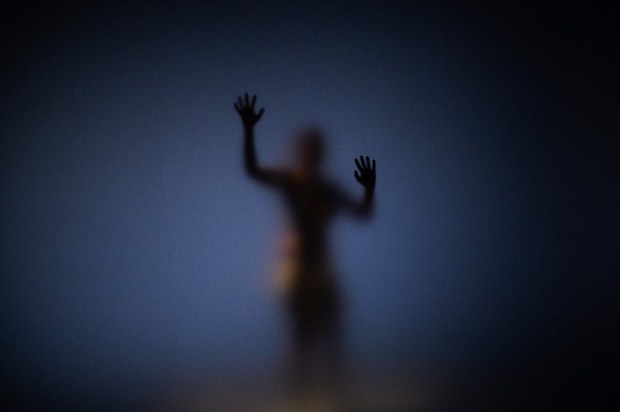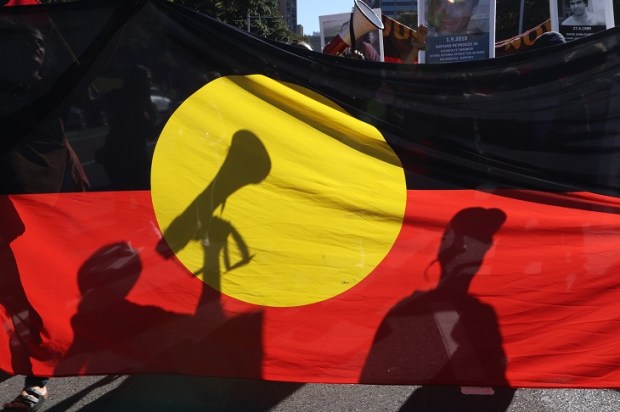She runs into the sea, hair blowing in the wind. She’s just finished her first year of university and working at a law firm. She feels slightly burnt out, but the world is at her feet, and for that, she feels free.
She hides, her freedom slowly diminishing as she looks out from behind a thick cloth. She cannot go to university and the fruitful career that she had imagined has been ripped from her determined grasp. She feels helpless, she doesn’t even feel safe.
Both of these realities are that of young women in this world today. Although they share similar dreams, their stories shall be written in two very different ways, by forces that are out of their control.
Through no credit of my own, I have been given the privilege of being born into a world where my reality is that of the first scenario.
Millions of women, through no fault of their own, may never be given the opportunity to live like this, instead the second may remain their dreary reality.
Right now in Afghanistan, women are not being provided with fundamental human rights, let alone the opportunity to succeed.
Under Taliban rule, Afghani women have been denied access to health care, protection from violence, or autonomy over what they can wear.
They have been banned from attending a level of education higher than primary school, and additionally have been almost entirely restricted from working outside the home.
Many Afghani women have courageously protested against the Taliban’s cruel reign, risking their lives to do so.
This highlights another point of difference between myself and the women of Afghanistan. Not only are they facing injustice, they don’t even have a safe avenue in which they can speak out.
Our worlds could not be more different.
The feminist movement has often spoken to the term ‘oppression’.
Back in the day of a male-dominated society, this term could have described how women across the globe felt, as a result of being ‘oppressed’.
However, in the current climate, the state of gender equality has become far more complex.
Some countries have moved toward gender equality, while others like Afghanistan have moved away from it.
This has caused gender equality to become incomparably different depending on which country one lives in and the social, economic, and cultural factors that underpin a country’s perception of women’s rights and their diligence in creating equality.
Therefore, it could be argued that ‘oppressed’ no longer serves as an umbrella word to describe the living conditions of ‘all’ women.
For many, embodying the feeling of ‘oppression’ has become a default position for many women, simply because they are a woman.
However, have most women of my generation living in Australia been truly oppressed?
I have not suffered authoritarian treatment, in fact my gender has never been a weakness, I dare to argue that if anything it’s been a strength.
There’s an incredible amount of privilege that comes with saying this. And I know that I’m not the only one that has been granted such.
In Australia, women make up over 60 per cent of university graduates.
Over 30 per cent of management positions are held by women.
19.4 per cent of CEOs are women.
It should not be argued that Australia’s numbers around gender equity are perfect as is, they are far from it.
But it should instead be something we can look at optimistically, and as momentum to continue this trajectory toward equality.
Holding the privilege of having these opportunities and the broader ability to succeed is one thing, what one does with it is another.
As a woman living in Australia and holding an acute amount of social and economic privilege and deeming myself ‘oppressed’ is directly silencing those less privileged, those that are truly ‘oppressed’.
We should be the solution to helping women that haven’t been given the same head start or even the possibility to succeed, not the problems that feminism predominantly focuses on.
Not because our situation is perfect, but because our voices are heard, and theirs aren’t.
The real victims are not women like me, it is the women that can’t speak up, that don’t have autonomy, and that aren’t even safe.
I see it as our responsibility to ensure that those that are truly oppressed are given the same rights and opportunities to succeed. To do this, we, as women of greater privilege must become the solution to the problem, not diverting towards our own comparatively minor concerns.
Aceda Rose is a co-host of the Speaking Freely Podcast and reporter at Honi Soit

























